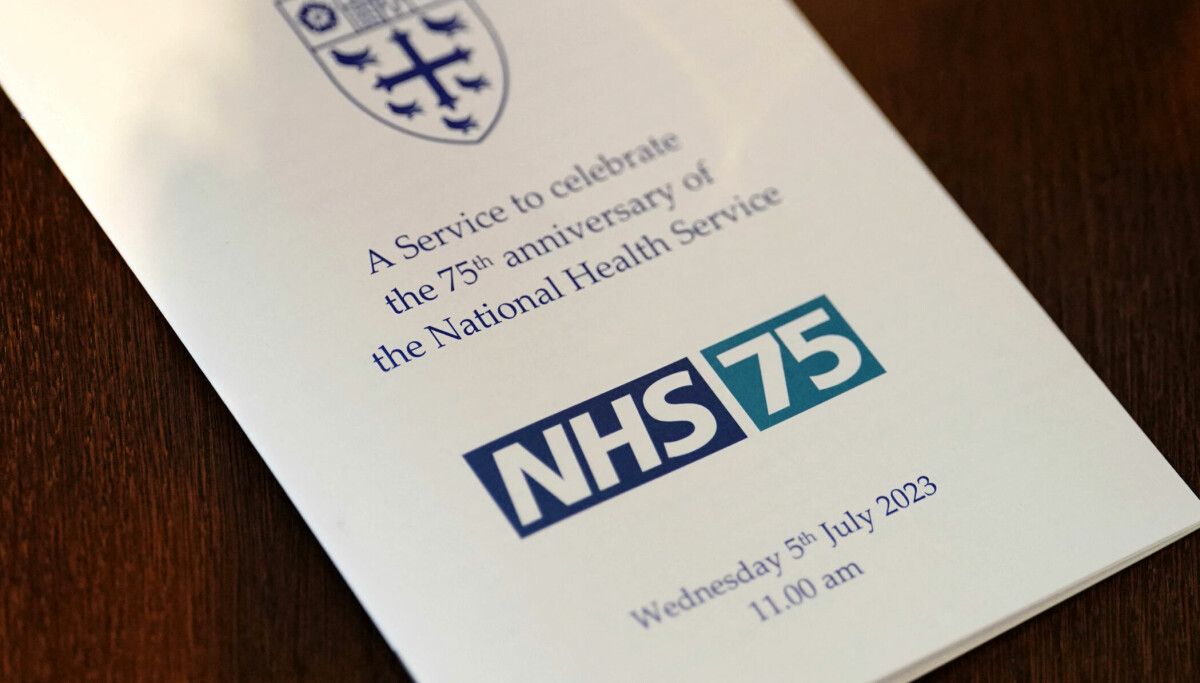In a bid to increase the number of doctors across the country, the government has promised “the largest workforce training expansion in NHS history.” But with the wage debate still in effect, many are ignoring the move because it doesn’t address the real issue.
Aiming to save taxpayers £10 billion, Rishi Sunak has launched the ‘most radical’ NHS reforms in history. By pledging £2.4 billion over five years to train and employ tens of thousands more staff in what he described as “one of the most important commitments [han] will do as Prime Minister”, where medical schools will double and students will become doctors more quickly.
The long-awaited workforce plan, published today, warns that the UK healthcare will be short of 360,000 staff by 2037 (currently short of 112,000).
To avoid this, Sunak has pledged to increase the number of new doctors, dentists, nurses and other trained professionals in the UK and stop existing staff from leaving.
At a press conference announcing this vision, he explained that providing “better care in a changing world” would rest on three principles: train, sustain and reform.
The first of these three-pronged approaches will increase the number of GP places by 50 percent, as well as allow aspiring healthcare professionals to begin training immediately after A-levels, allowing them to gain practical experience during university.
In addition, the General Medical Council will be required to shorten medical degrees from five to four years, so that younger doctors can enter the workforce more quickly – while completing their postgraduate studies.
Amanda Pritchard, chief executive of NHS England, praised this part of the plan but emphasized that “retention is as important as recruitment.”
On this note, Sunak’s 15 year strategy seeks to reduce the proportion of people recruited overseas from one in four to one in ten. It will do so by assessing each role for flexible work; encourage staff with young children to accept the childcare grant offers disclosed in the Spring Budget; and offering ad hoc work to retired doctors in outpatient clinics.
It is hoped this will mean retaining another 130,000 staff, after 42,400 resigned in the second quarter of last year.
Finally, the “reform” part of Sunak’s proposal involves exploiting the opportunities offered by technology, with the government determined to raise NHS productivity above private sector levels after the collapse during the pandemic.
Made by the NHS. Supported by the government.
Today we announced the most ambitious staffing plan for the NHS in history. pic.twitter.com/W4X2i0AR1y
– Rishi Sunak (@RishiSunak) June 30, 2023

“Social media guru. Total beer fanatic. Tv ninja. Typical coffee fan. Amateur entrepreneur. Unapologetic food scholar.”







